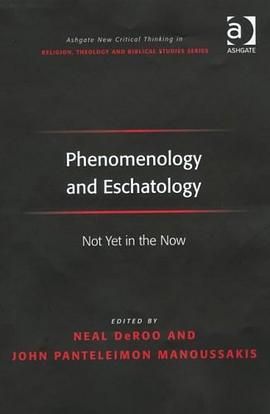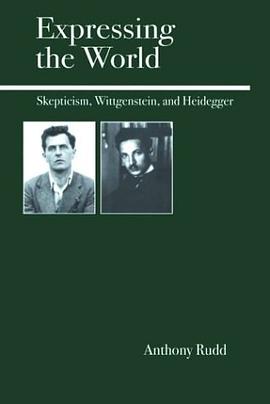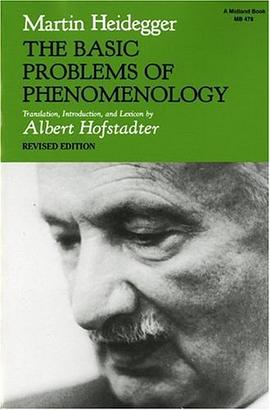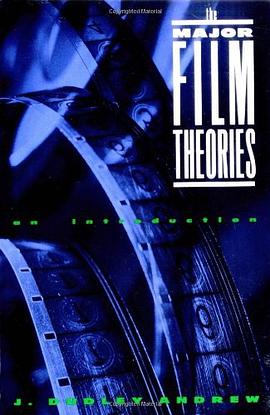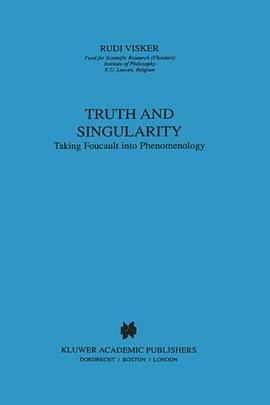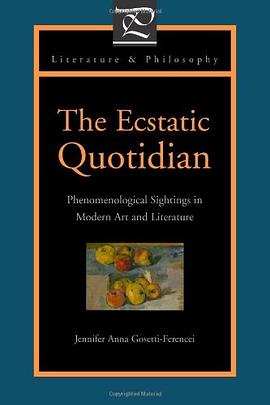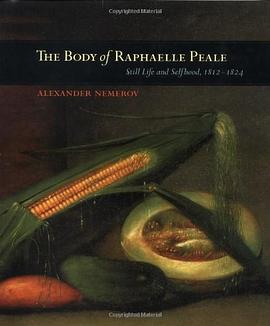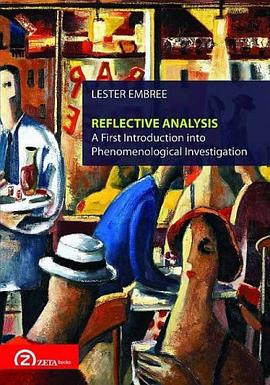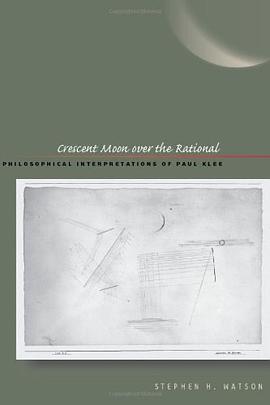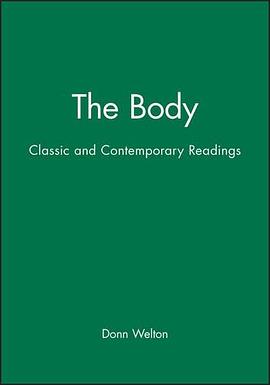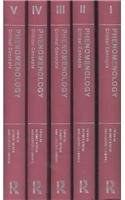

Phenomenology as a tradition owes its name to Edmund Husserl, in his Logical Investigations (1900-1). It began as a bold new way of doing philosophy, an attempt to bring it back from abstract metaphysical speculation and empty logical calculation in order to come into contact with concrete living experience. As formulated by Husserl, Phenomenology is the investigation of the structures of consciousness that enable consciousness to refer to objects outside itself. It soon broadened into a world-wide and now century-old tradition. Phenomenological versions of theology, sociology, psychology, psychiatry and literary criticism, have all been engendered, so that phenomenology remains one of the most important traditions of contemporary philosophy. Phenomenology is currently extending into new areas such as gender, ethnicity, multiculturalism, and ecology. An effort has been made in these four volumes to include representatives of all the major tendencies within phenomenology and to provide documentation of the critical discussion of its central topics. Forthcoming titles in this series include Pragmatism (2005, c.4 Volumes, c.GBP495), Free Will (2005, c.4 Volumes, c.G BP495) and Aesthetics (2005, c.4 Volumes, c.GBP495)
具體描述
讀後感
評分
評分
評分
評分
用戶評價
相關圖書
本站所有內容均為互聯網搜索引擎提供的公開搜索信息,本站不存儲任何數據與內容,任何內容與數據均與本站無關,如有需要請聯繫相關搜索引擎包括但不限於百度,google,bing,sogou 等
© 2025 qciss.net All Rights Reserved. 小哈圖書下載中心 版权所有




